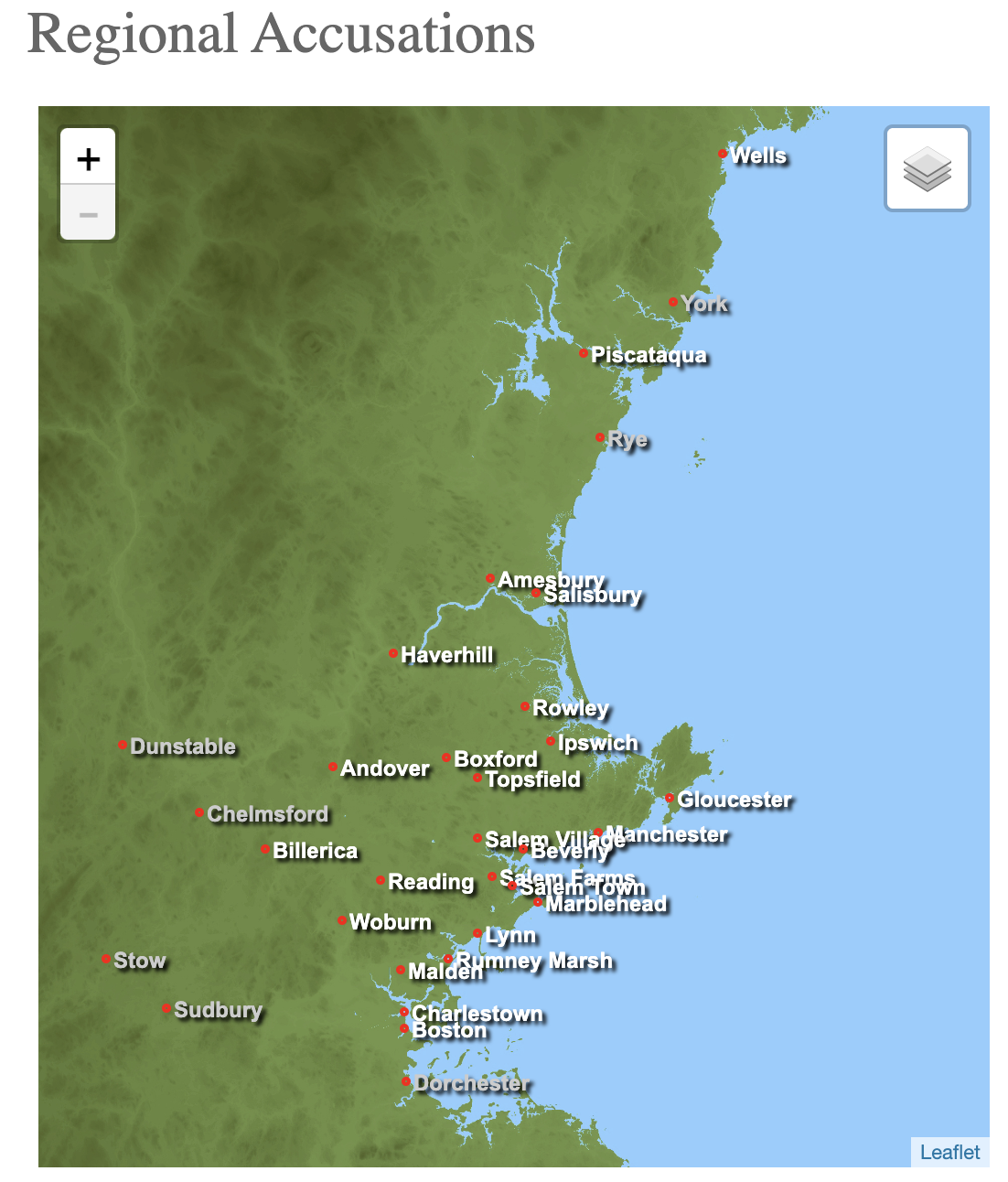Post #2/Data & Digitization (Kira Littlefield)
The Digital Humanities Coursebook seems to be very detailed in the way that they discuss Digital Humanities and its processes. In this weeks readings of chapter two and chapter three they seem to dive deep on the processes of Digital Humanities and the terms surrounding it. Ethical concerns and accessibility concerns were also touched on in these chapters. Using chapter two and chapter three of this coursebook we get a better definition of Digital Humanities because now we have a better understanding of its processes, and how those processes create Digital Humanities as a whole. A lot of the aspects touched upon in these chapters I honestly didn't have much understanding of until now, like I didn't know the background surrounding HTML or CSS until after reading these chapters. Overall these chapters give a more concrete understanding of how Digital Humanities work, and what processes are included in it, like for example data processing. In chapter two of the coursebook, parameterization is talked about in detail. According to the coursebook parameterization is, "what can be measured" (Drucker, 23). In my project I feel that parameterization is used. This map below is used in my project to show the amount of accusations recorded against witches in the Salem Witch Trials. In order to figure out that sort of map you would have to measure the quantity of possibly accused witches, which in turn seems to be some sort of parameterization.
In chapter three of the coursebook the term and idea of HTML is talked about. According to the coursebook HTML is a free and standard way to publish online. Also according to the coursebook, publishing with HTML seems to promise that any person would be able to access the publishing. For example if someone has a physical issue they should have no issue accessing a publishing with HTML. Below is a photo of the link to the website of my project, and you can see that the project was published using HTML. This means that my project should be able to be accessed by anyone no matter what.
Comments
Post a Comment